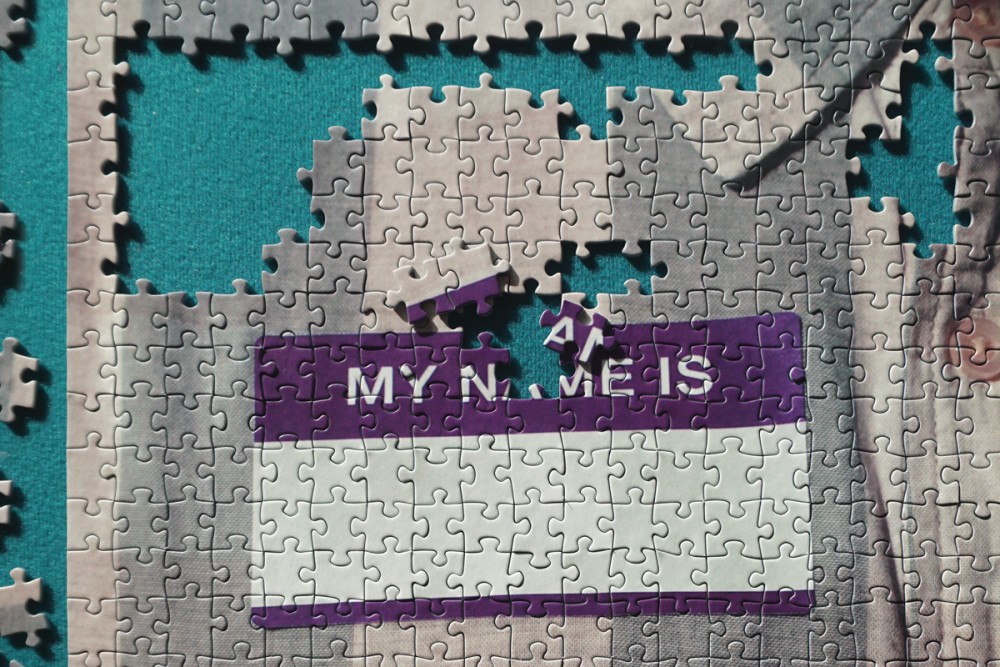
The day i was born, my dad mowed the name my parents were giving me, Rebecca, into the yard of the house he rented with my mother. This might seem charming, but I came to recognize it as just another assertion of his control, which in the end was not charming but abusive. It nearly killed me.
I wasn’t named after anyone. My mom just liked the name Rebecca, and she said it was one of the only names she and my dad agreed on. (The other was Tiffany, which I wouldn’t have survived.) I didn’t know any famous Rebeccas growing up, but I knew there was one in the Bible. When I read about her in my illustrated children’s Bible, it turned out that she was sort of a jerk.
The wife of Isaac and the mother of Esau and Jacob, she tricks her husband into thinking one of her kids is the other because she likes him better. I was the oldest of seven kids and couldn’t imagine our mom playing favorites. To me, Rebecca was the preferential parent writ large—except she wasn’t taking one kid to the mall and leaving the other at home, she was screwing one kid out of his divine inheritance, stealing his patriarchal blessing. Rebecca is why we refer to “Abraham, Isaac, and Jacob” and not “Abraham, Isaac, and Esau.”





